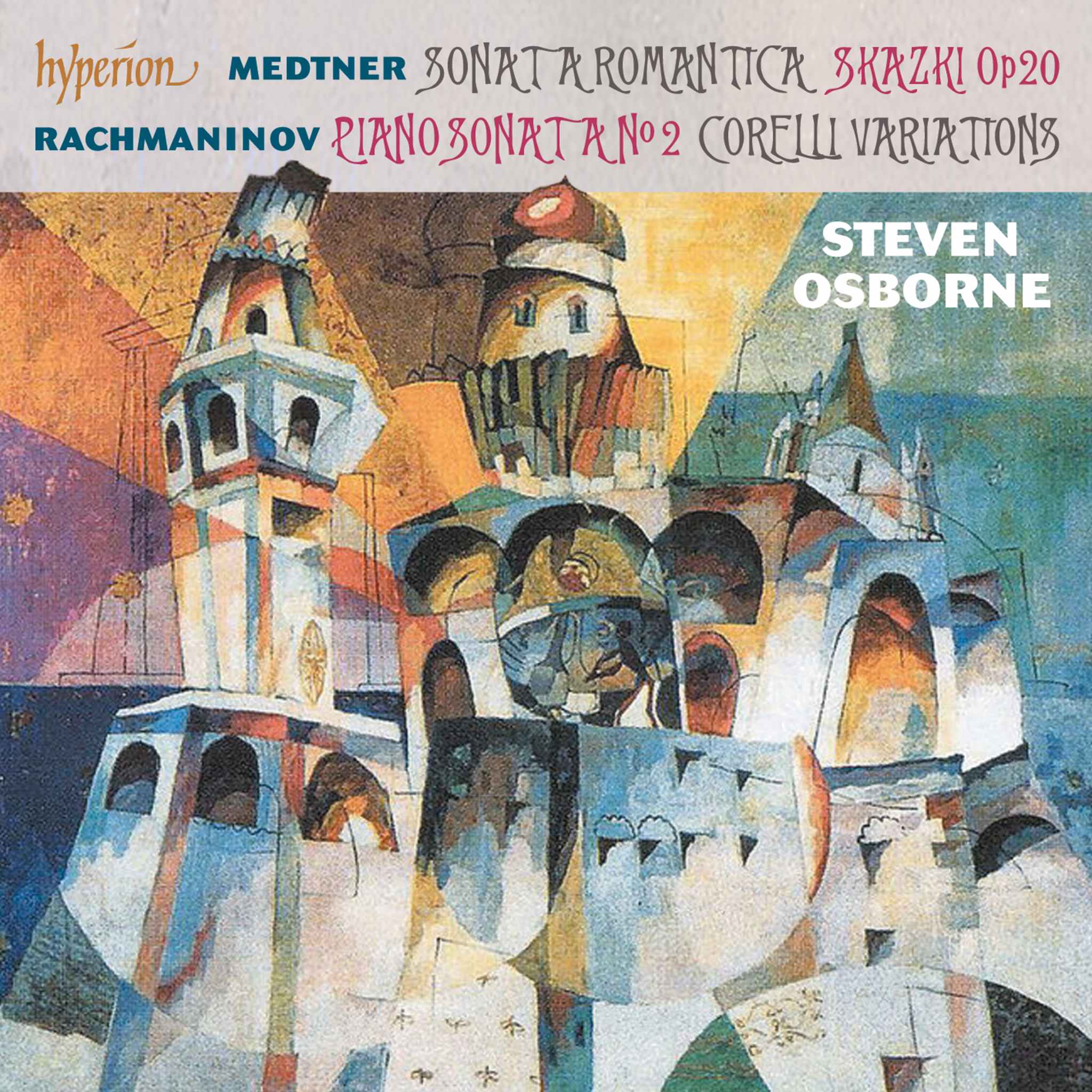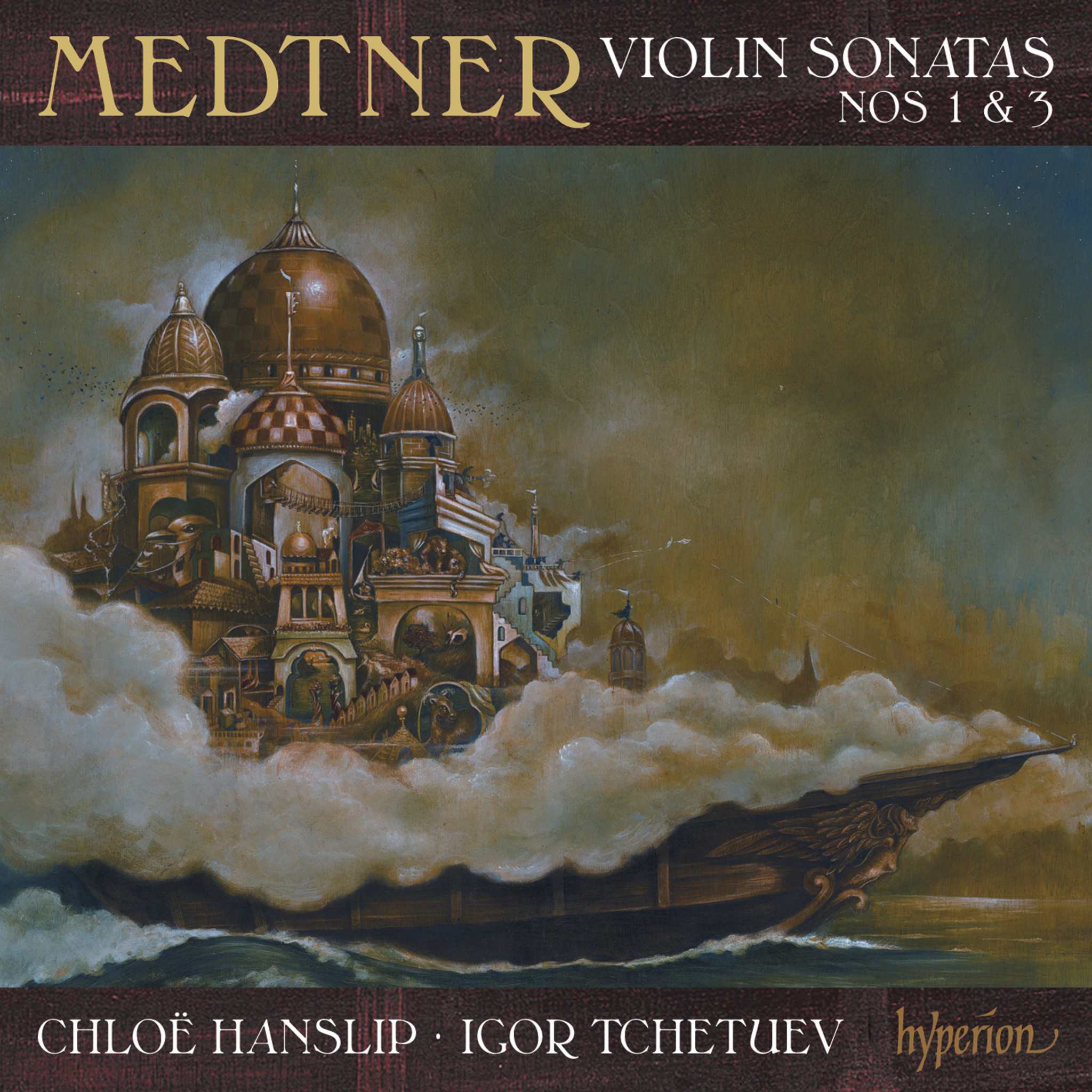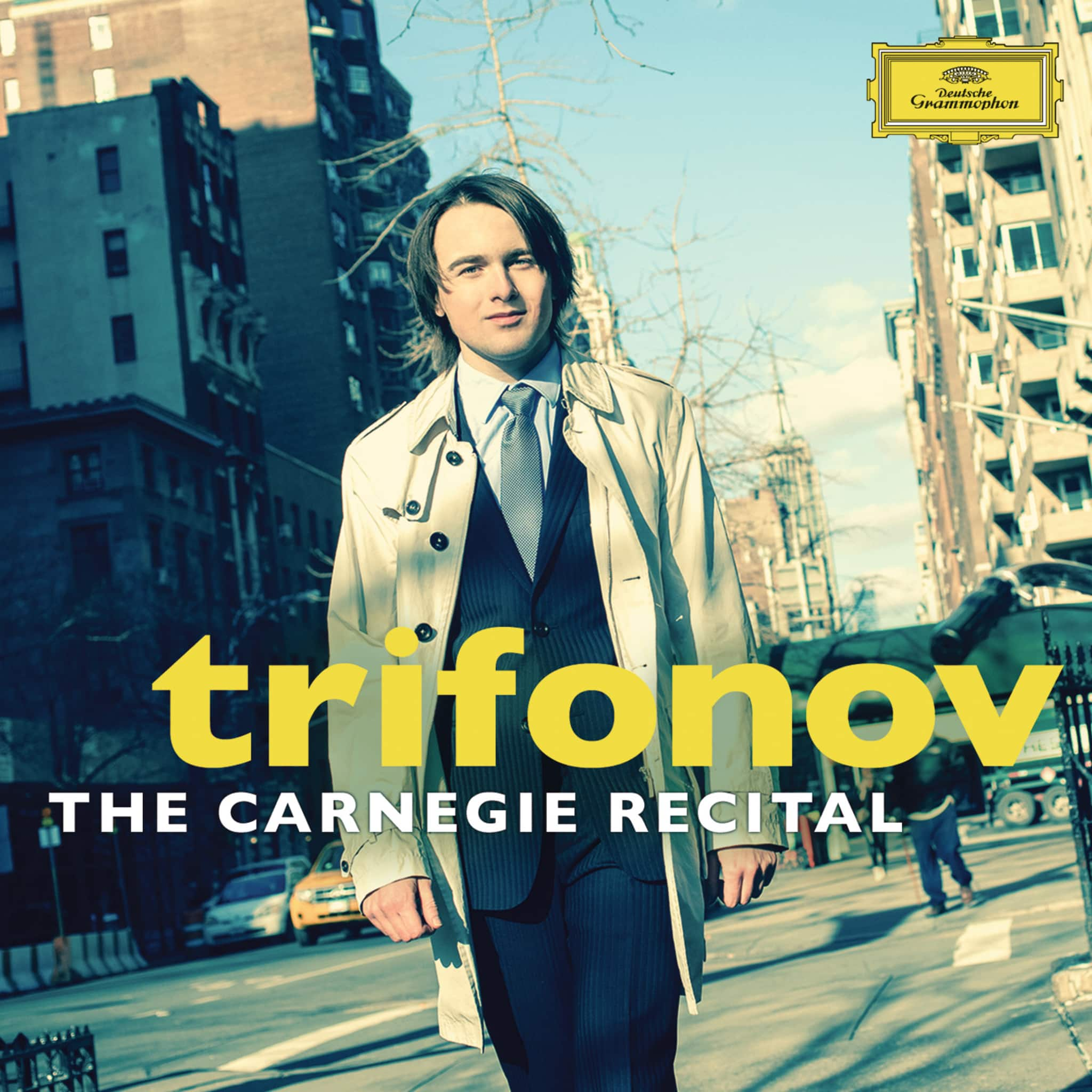Discover the Definitive Works of Nikolai Medtner
Nikolai Medtner, a renowned Russian virtuoso pianist and composer, is often seen as Rachmaninoff's counterpart. However, his music, deeply rooted in Romanticism, carries its own distinguished voice. Born in an affluent family, Medtner honed his skills at the Moscow Conservatoire and started with piano miniatures that echoed the Chopin-like style popular among his contemporaries.
A Hero of Romanticism: Nikolai Medtner
Medtner's music stands out for its poetic, rhapsodic qualities and distinctive voice deeply rooted in Romanticism. He combined technical mastery with lyricism, producing works that are both challenging and deeply expressive. He resisted musical modernism, remaining committed to traditional Romantic ideals and intricate structures. The piano lies at the heart of all his music, reflecting his virtuosity and deep understanding of the instrument.
The Connection to Rachmaninoff
His artistic path closely paralleled that of his friend Rachmaninoff, yet his music stands out for its unique blend of Romanticism and Russian tradition.
A Glimpse of Medtner's Early Career
Medtner started his career with piano miniatures that echoed the Chopin-like style popular among his contemporaries. However, with his Piano Sonata No.1 in 1903, Medtner forged a unique path.
The Triumph of the Piano Sonatas
He further composed eleven more piano sonatas, incorporating elements of other Romantic piano forms like Sonata-Ballada of 1914 or programmatic ideas like Night Wind Sonata of 1911. His sonatas often merge classical forms with programmatic or narrative elements, marking him as a distinctive new voice.
The Music of War and Turmoil
Following the revolution and war, Medtner increasingly relied on his recital skills and solo performances in his three piano concertos of 1918, 1927, and 1943 – his major orchestral works.
Medtner's Struggle and Solitude in England
Despite financial difficulties in England after leaving Russia in 1936, Medtner continued to produce significant works. Among his most original contributions are the 38 piano miniatures known as Skazki or "Tales." These pieces are central to his output, rich in narrative and character, and represent some of his most appealing music.
The Resurgence of Medtner's Music in Modern Times
While celebrated in his lifetime, Medtner’s music underwent a period of neglect following his death but has since experienced a significant revival, taking its place in the modern concert repertoire. His music was rediscovered, recorded, and widely appreciated, thus elevating him from a cult figure to a significant presence in the modern concert hall.


















